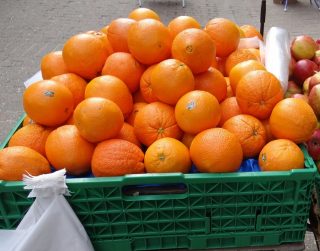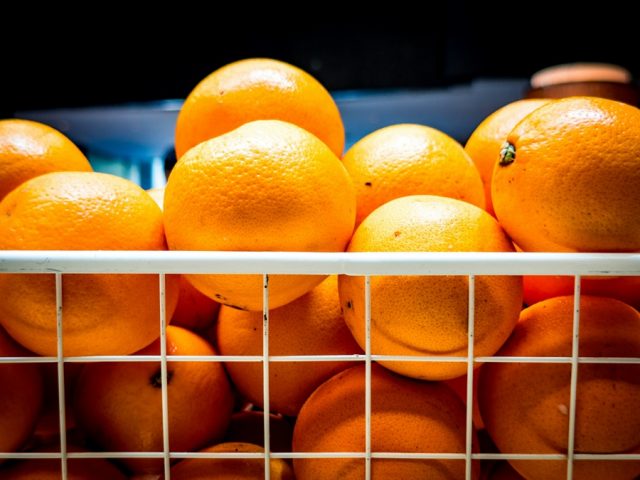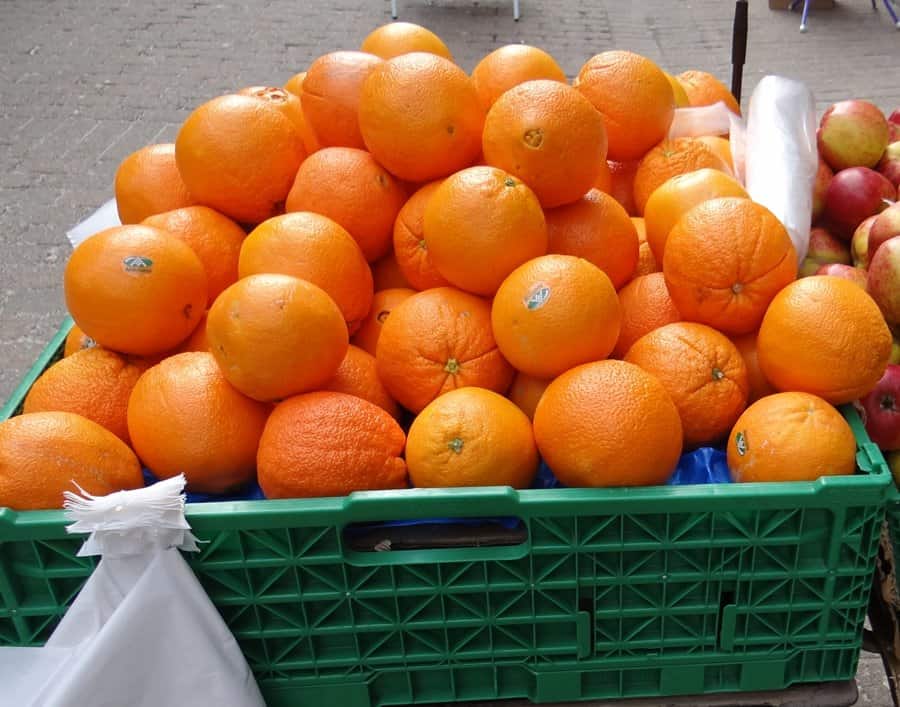South Africa has begun a dispute with the European Union (EU) over “unfair” trade regulations and legislation imposed on the local citrus industry, particularly in relation to the levels of black spot on citrus.
The Department of Agriculture, Land Reform and Rural Development and the Department of Trade, Industry and Competition say discussions with the EU in the World Trade Organization (WTO) have already been requested.
This step aims to find a lasting solution to the black spot regulations in order to protect tens of thousands of jobs in the local citrus industry. It is also supported by the South African Citrus Workers Association (CGA).
RNews previously reported that the EU’s strict requirements include enforcing cold treatment regulations due to the levels of black spot and false codling moth on citrus.
According to experts in the citrus industry, black spot is merely a cosmetic issue that affects only a small percentage of citrus that is exported.
However, despite evidence that citrus fruits without leaves do not have a greater chance of spreading black spot, the EU continues to enforce its “unreasonable measures”. Moreover, the EU is the only overseas market that takes this position on blackspot.
Other markets recognize that the risk of spreading the disease through trade in fresh fruit is completely negligible.

Deon Joubert, special envoy for market access and EU affairs at the CGA, told RNews earlier that the citrus exported to the EU enables South African farmers to provide work for around 70,000 people. It also generates R15 billion in foreign exchange.
However, local citrus farmers have already spent millions, and even billions, of rands so that they meet the EU’s strict requirements for citrus. However, the money that has to be raised for this is not viable.
“Rural economies in the country depend on the export of citrus for their income. The industry cannot afford the nearly R2 billion needed to comply with the EU’s trade-restrictive regulations,” Thoko Didiza, minister of agriculture, land reform and rural development, said on Monday.
Ebrahim Patel, Minister of Trade, Industry and Competition, emphasizes that the EU market accounts for one third of all citrus exports from South Africa, and says it is central to the profitability of the citrus industry.
“The EU’s volumes cannot be absorbed by other markets. The talks are a critical step in the WTO to find an effective solution to South Africa’s concerns.
“The move follows years of efforts by South Africa to negotiate in good faith with the EU. It is our view that the measures by the EU are not justified, proportionate or appropriate.”
Justin Chadwick, chief executive of the CGA, welcomed the government’s move. He says the industry is hoping for effective solutions as it is now the start of this year’s citrus export season.
Forecasts show that if all industry stakeholders come together, the industry will be able to produce an additional 100 million 15 kg cartons (citrus) over the next eight years.
“This could create 100 000 more jobs and generate an additional R20 billion in annual income. However, this potential will surely be lost if the EU market narrows,” said Chadwick.









